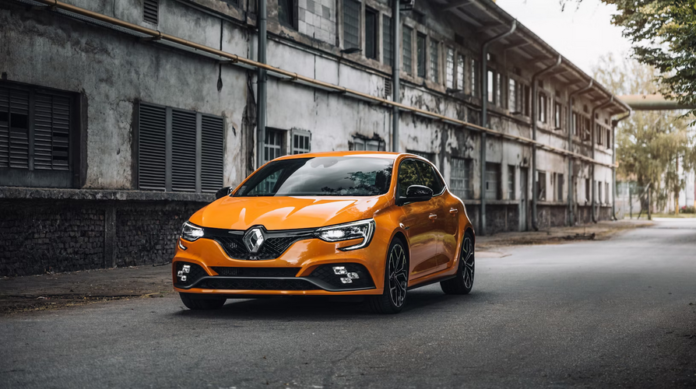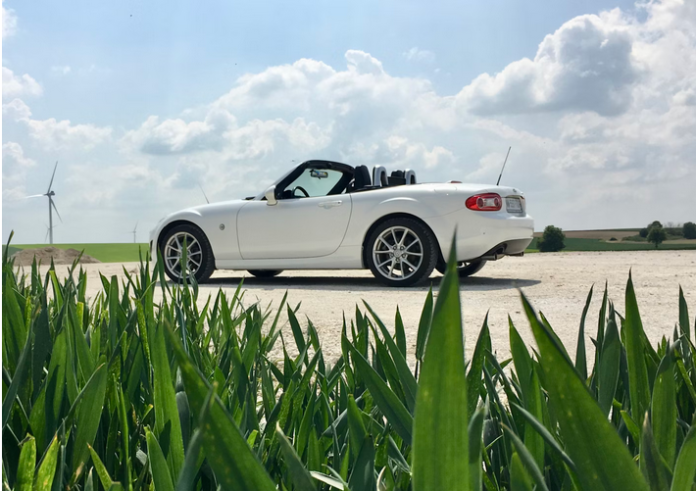The automotive industry is continually evolving, driven by changing consumer preferences, technological advancements, regulatory shifts, and market trends. Adapting to these changes is crucial for automakers, dealerships, and suppliers to remain competitive, meet customer expectations, and drive innovation in the auto industry.
One of the key factors shaping consumer preferences in the auto industry is the shift towards sustainability and environmental consciousness. With increasing awareness of climate change and air pollution, consumers are prioritizing eco-friendly vehicles with lower emissions, higher fuel efficiency, and alternative powertrains, such as electric, hybrid, and hydrogen fuel cell vehicles. Automakers are responding to this demand by investing in electric vehicle (EV) technology, expanding their lineup of hybrid and electric models, and developing sustainable manufacturing practices to reduce carbon footprints.
Furthermore, changing lifestyles and urbanization trends are influencing consumer preferences in vehicle design, size, and functionality. Urban dwellers and younger generations are opting for compact cars, crossover SUVs, and electric scooters that offer convenience, agility, and efficiency in urban environments. Flexible mobility solutions, such as car-sharing, ride-hailing services, and subscription-based models, are also gaining popularity, reflecting a shift towards mobility-as-a-service (MaaS) and shared transportation options.
Moreover, advancements in connectivity, infotainment, and autonomous driving technologies are reshaping consumer expectations for vehicle features and user experience. Consumers seek seamless integration with smartphones, voice-activated controls, AI-powered assistants, and intuitive touchscreen interfaces that enhance connectivity, productivity, and entertainment on the go. Advanced driver-assistance systems (ADAS), such as adaptive cruise control, lane-keeping assist, and automated parking, are becoming standard features that improve safety, convenience, and driver confidence.
Additionally, the rise of digitalization and e-commerce is transforming consumer behavior in the auto industry. Consumers research, compare, and purchase vehicles online, leveraging digital platforms, virtual showrooms, and augmented reality (AR) experiences to explore options, customize features, and make informed decisions. Online reviews, ratings, and social media influence purchasing decisions, highlighting the importance of digital marketing, customer engagement, and brand reputation management for automakers and dealerships.
Furthermore, changing economic conditions, purchasing power, and financing options impact consumer preferences and buying behavior in the auto industry. Economic downturns, inflation, and fluctuating fuel prices influence consumer affordability, demand for fuel-efficient vehicles, and preferences for used cars or leasing options. Flexible financing plans, leasing programs, and subscription-based models cater to diverse financial needs and preferences among consumers.
Moreover, shifting demographic trends, such as aging populations, urbanization, and changing family structures, influence consumer preferences for vehicle types, safety features, and accessibility options. Older adults prioritize comfort, visibility, and driver-assistance technologies that enhance mobility and independence, while families seek spacious, versatile, and safety-focused vehicles with advanced entertainment and connectivity features for passengers.
Additionally, cultural influences, lifestyle trends, and societal values shape consumer preferences in vehicle design, aesthetics, and branding. Consumers gravitate towards brands and models that align with their personal values, lifestyles, and aspirations, whether it’s luxury, performance, sustainability, or innovation. Customization options, personalized experiences, and brand loyalty programs foster emotional connections and engagement with customers, driving repeat purchases and brand advocacy.
Furthermore, regulatory developments, government incentives, and industry standards impact consumer preferences for vehicle safety, emissions, and compliance with environmental regulations. Consumers prioritize safety features, crash test ratings, and autonomous driving capabilities that enhance vehicle security and meet regulatory requirements. Environmental regulations, emission standards, and incentives for clean vehicles influence consumer decisions to adopt electric, hybrid, or fuel-efficient models.
In conclusion, adapting to changing consumer preferences in the auto industry requires a customer-centric approach, innovation, agility, and collaboration across the automotive ecosystem. Automakers, dealerships, suppliers, and technology partners must anticipate and respond to evolving trends, technologies, and market dynamics to deliver value, quality, and experiences that resonate with customers. By understanding consumer needs, embracing digital transformation, embracing sustainability, and fostering innovation, the auto industry can thrive in a dynamic and competitive landscape while shaping the future of mobility.








